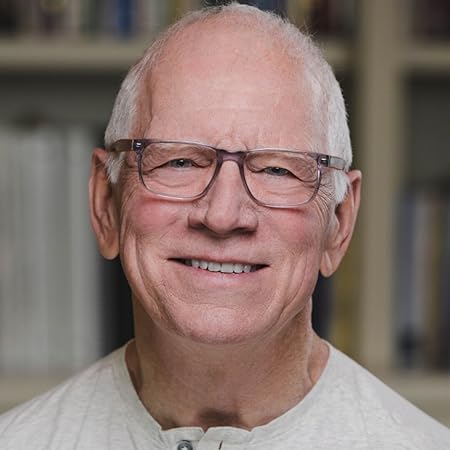Matthew 14:14-21; Luke 8:1-3; Luke 21:1-4; 1 John 4:7-8 Do you have any bad habits? Do you bite your nails when you’re nervous, speed up when someone goes to pass you, use sarcasm to cover up an insecurity? What about good habits? Are you a runner or a healthy eater? Where do these habits come…
LESSON 1 OF 3
25 min read
Membership Required
This content is only available to members. Please join to access this content.
Continue the Series
This series teaches the principles of living a generous life, not just in terms of money but in love, time, and resources. It emphasizes the importance of developing generous habits and offers practical steps for incorporating generosity into daily life. Each lesson is designed to help men overcome selfishness and live out their faith through generosity.

